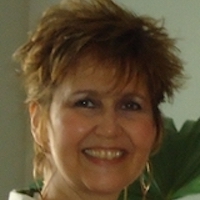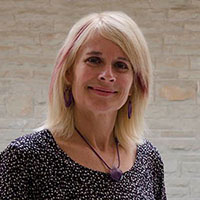
Clara I. Tascón
Critical Policy, Equity and Leadership Studies
Clara I. Tascón
Critical Policy, Equity and Leadership Studies
Clara I. Tascón is a PhD candidate in Critical Policy, Equity and Leadership Studies at Western University Canada. Her previous studies involve research in higher education and the effects of global trends on universities in Colombia. She held positions as Academic Coordinator, Researcher Coordinator, and Professor in several universities in Colombia. Moving to Canada in 2007, she became passionate about the international dimension of higher education and its internationalization policies and practices. The existing gap on studies related to international research collaboration in Canada and Latin America inspires her current research. During her doctoral journey, she has been working with her co-supervisors Drs. Marianne A. Larsen and Paul Tarc, and with Dr. Melody Viczko in topics related to international education, ethics on internationalization of higher education, knowledge and ways of knowing, international research partnerships, and internationalization of higher education policy and its enactments. Other topics of interest are globalization, intercultural learning, and multidisciplinary studies. Clara is member of Researching International and Contemporary Education (RICE) at the Faculty of Education at Western University http://www.edu.uwo.ca/centres/rice/current-research-initiatives.html.
Her doctoral research examines how knowledge is produced by means of international research collaboration across borders through research networks in Canada and Colombia. Taking into consideration that international research collaboration is a complex phenomenon, she studies the interconnections of global/local flows of knowledge, policies, and practices, as well as among different actors in distinct research networks. Her study draws upon post-foundational (postmodern, poststructural, and postcolonial) ideas and a new spatial theorizing in the field of comparative and international education. She uses network analysis to map the interconnections among actors and factors that happen in the distinct configurations of each research network, and to contextualize the ‘interpretive zone’ where knowledge production emerges.

Paul Tarc, PhD
Supervisor

Marianne Larsen, PhD
Supervisor

